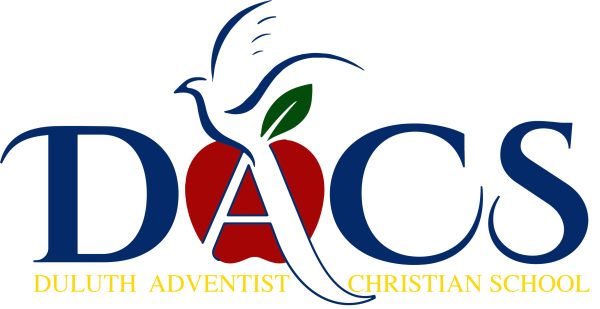DACS Early Childhood Program
In Pre-K and Kindergarten, we strive to engage and educate the whole child.
Our classroom curriculum leads students through developmentally-appropriate, God-centered, whole-brain activities.
An experienced, skilled teaching staff works together to guide your child through his or her academic journey. We partner with your family to create an individualized learning plan for each student.
Students applying for PreK must be 4, and those in Kindergarten must be 5 by September 1st in order to be admitted.
Our PreK Program
Our PreK program is an effective hybrid of Montessori and traditional instructional methods. This allows our newest students to have the best of both worlds. While based in the constructivist Montessori method, characterized by a focus on building student independence, allowing freedom within limits, and demonstrating respect for a child’s psychological, physical, and social development, students are also given traditional instruction that will allow them to better transition into kindergarten.
Our students are given the gift of developing spiritually, socially, physically, and academically in a structured, supportive environment.
Houghton Mifflin Harcourt, Go Math!, 2012 is the adopted math program for grades K-6. It is a comprehensive mathematics program developed to support the Common Core State Standards for Mathematics and the NCTM Curriculum Focal Points.
-
The program emphasizes Essential Questions and Big Ideas with depth of understanding as the goal. Interactive lessons utilize research-based instructional approaches and differentiated instructional resources to ensure success for all students.
-
The two main components of the program are the Write-In Text and Think Central tools which are available online.
The new NAD Kindergarten Stepping Stones program is based on the belief that kindergarten is a stepping stone between home, early childhood education, and the primary grades of school.
The program recognizes that young ones are created in God’s image and must be nurtured to think, learn, choose, and grow. It is responsive to individual differences in developmental stages, abilities, and interests.
For more information click here
Big Ideas, Math Program K-8
How can teachers build mathematically powerful students who can solve
real-life problems, communicate their understanding to others, and
perform well on standardized achievement tests? This book provides
teachers a proven model for ‘balancing’ computational skills with
conceptual understanding and problem-solving activities in their
mathematics instruction. This model is used successfully with any math
program already in place.
This book outlines the 5‑step model:
- 1. Math Review
- 2. Conceptual Understanding
- 3. Problem-Solving and Math Application
- 4. Mastery of Math Facts
- 5. Common Formative Assessment

